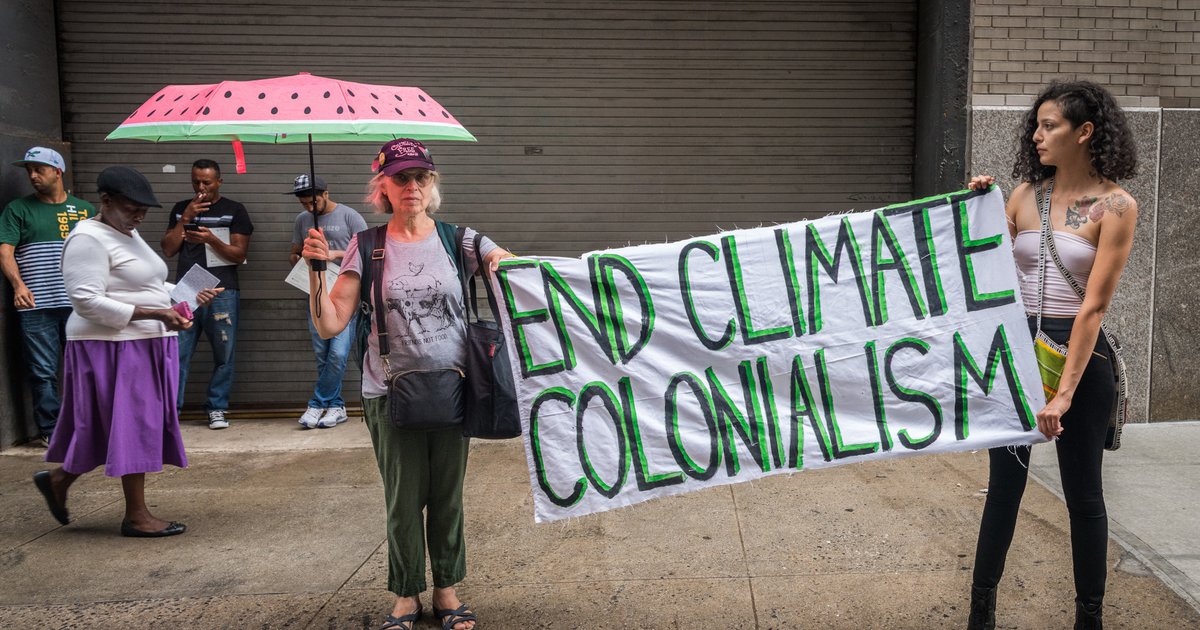(Opinion) In recent times, global geopolitics has been reshaped, with nations striving to exert their dominance, not with weapons, but economic and environmental policies.
This brings us to a poignant assertion made by President Lula of Brazil.
On a crisp Tuesday evening, while addressing an assembly of business magnates during the summit of BRICS, Lula passionately spoke out against what he has termed “green neocolonialism”.
But what lies beneath this phrase, and why does it carry such gravitas?

Lula characterizes “green neocolonialism” as a tactic by certain European countries to subtly introduce trade barriers and biased actions, masquerading as environmental protection.
This strategy, though understated, wields significant influence in international trade dynamics.
It’s a strategy that’s perceived by Brazil as a veiled attempt to cloak protectionist policies with a layer of environmental concern.
This isn’t the first time Lula has voiced concerns over such tactics.
Earlier in August, he introduced this term, signaling a growing dissatisfaction with the tactics employed by certain global powers.
BRAZIL’S RENEWABLE ENERGY SECTOR
In Johannesburg, amidst these heavy claims, Lula made a point to showcase Brazil’s immense potential in the renewable energy sector.
His emphasis was clear: Brazil is a force to be reckoned with in the global energy landscape.
“We’re directing our efforts towards expanding solar, wind, biomass, ethanol, and biodiesel energies.”
“Moreover, our capacity for green hydrogen production is immense,” Lula proudly proclaimed.
The undercurrents of Lula’s concerns stem from the European Union’s demands in their trade negotiations with Mercosul.
Back in July, in Brussels, Lula expressed his consternation with the supplementary terms the European bloc had presented in March, deeming them overly aggressive.
These stipulations could potentially impose economic sanctions on Brazil if the nation falls short of specific environmental targets.

